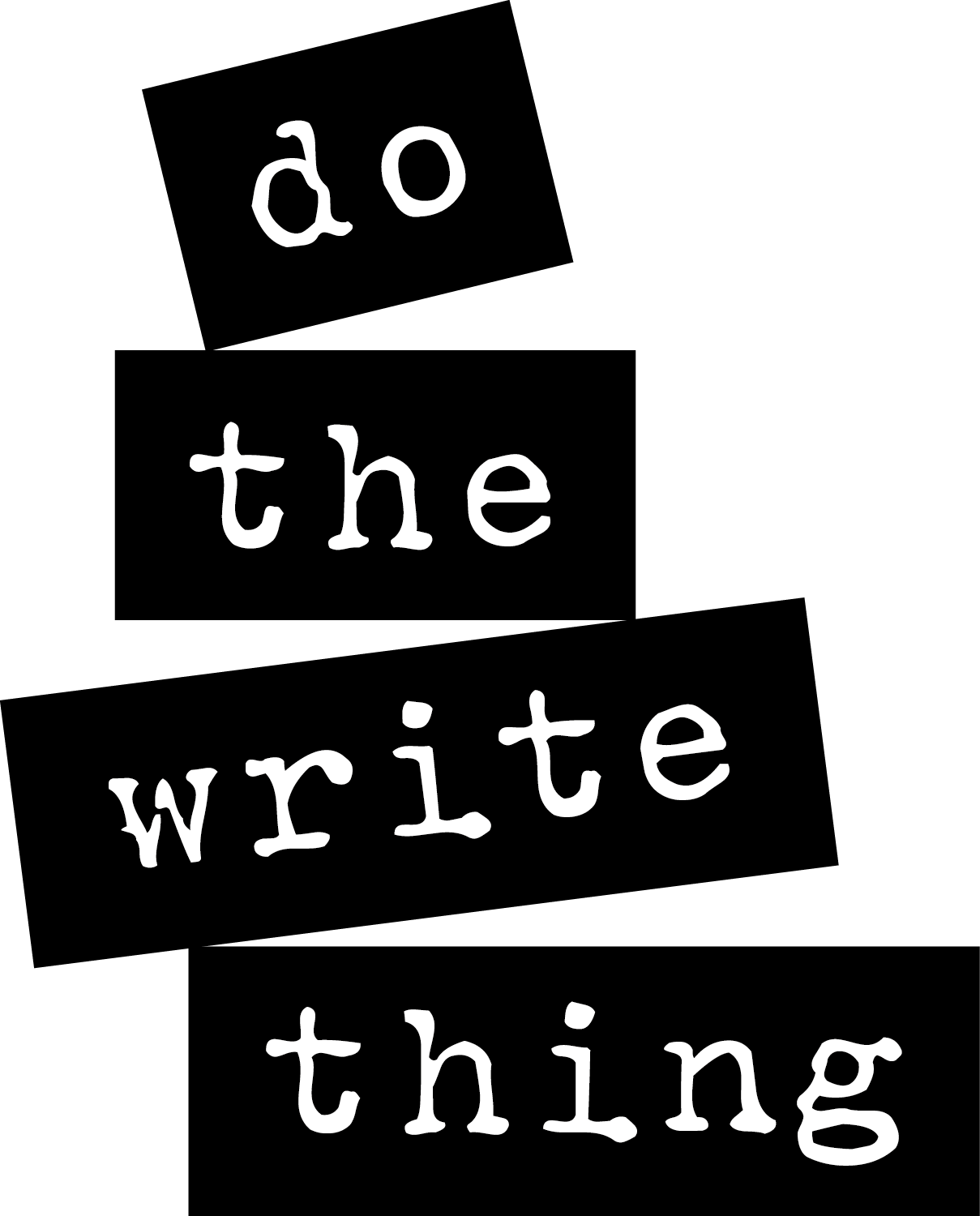don't get court out
writing effective reports and statements
“One of the problems is that, partly as a result of previous initiatives, local authorities have become obsessed with filing enormously voluminous materials, which are far too long – that is not their fault – and are also narrative and historical, rather than analytical. One of the things I want to do is to send out a clear message that local authority materials can be much shorter than hitherto, and should be more focused on analysis than narrative. If local authority practitioners can be confident that they can focus on what matters, rather than the vast, historical penumbra – if they can focus on analysis, rather than history and narrative – that of itself will go a significant way to giving them confidence and improving the quality of their output.” - Sir James Munby, President of the Family Division
Why is this subject important?
Courts have always preferred social work statements and chronologies to be concise, relevant and meaningful. It is simply a myth that quantity in itself somehow proves the quality of the work carried out. Indeed, a clear, concise, logically organised, immaculately presented and obviously well thought-out court report is not only a great asset but also inspires confidence in the writer. Workers, often intimidated by the court process, often dress-up their language to try and sound more “professional”. However, courts want to know, in plain English, the facts and evidence, your analysis of those facts and evidence, and your judgement (what you want the court to do).
How will this course help me?
Statements to court can be unnecessarily lengthy and sometimes it is difficult to pick out the important points. In the past social work reports have been criticised for being unfocused, failing to distinguish between fact and opinion, reproducing large sections of case records with little structure or editing, or worst of all, failing to address the best interests of the service user. This course will show you how to write concise, relevant and easy-to-read court reports.
What will I learn? You will learn how to:
- collect and layout your facts and evidence;
- analyse the facts and evidence;
- draw conclusions to inform your judgement;
- write clear and concise statements in plain English;
- write and use cracking chronologies;
- convey confidence and competence to convince the court; and
- feel confident in writing relevant and meaningful reports and statements that get the results you want.
“It would do so much for both social worker/lawyer and social worker/client relations if social workers were to express themselves clearly, concisely and, above all, simply.” - Court Judge
“I would like the social worker to tell me in plain English what they really think. Far better to say that they found the mother fed up and difficult, and describe the facts that led to this conclusion, than some bromide expression like Mrs Smith’s co-operation was a little lacking.” - Court Judge
do the write thing: (e) office@dothewritething.co.uk


